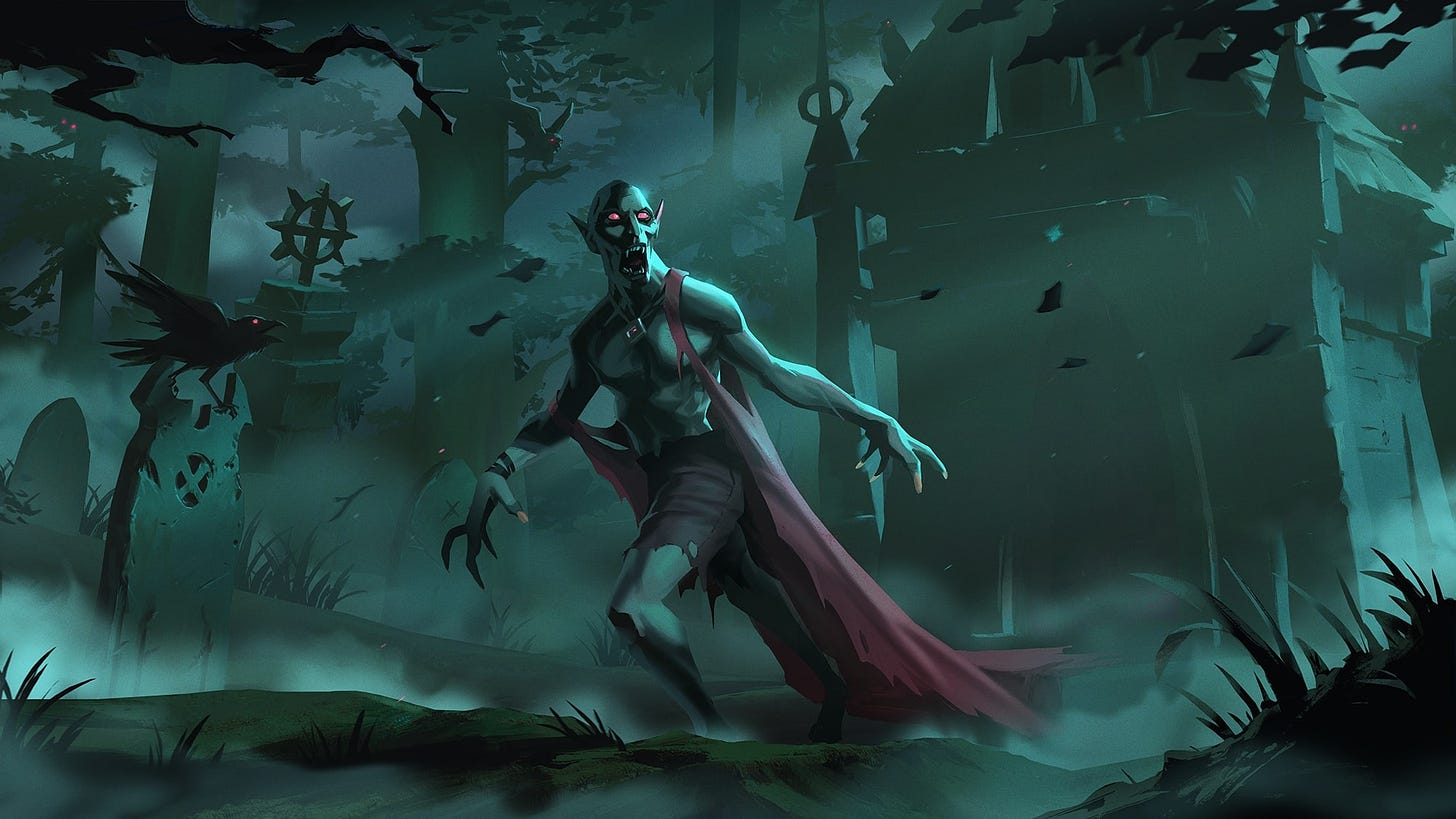10 business lessons we can learn from Marvel Snap
February 17, 2023I’ve been playing a lot of Marvel Snap lately.
Who am I kidding? I’ve been playing a lot of Marvel Snap since its release. It’s a smart evolution of the digital collectible card game genre that happens to be absolutely steeped in the canon, art, and characters of one of my favorite imaginary universes: Marvel.
I could write about what I love about the game (its clever use of the three battlefields, its eclectic and sometimes nostalgic wealth of art) or how it manages to drastically change the state of play every month (with new locations and cards). But I noticed something else while playing my daily handful of bouts: It has a lot to teach about strategy and business.
Most of this is stuff you probably already know or should, but Marvel Snap has a way of not only underscoring these lessons but then drumming them into you in every match until it’s likely to extend past gameplay and into your everyday decision-making.
So with apologies to Sun Tzu, here are ten business lessons you can learn from Marvel Snap:
Always have a plan
Marvel Snap is designed to be easy to play. You can hop in, slap down cards and watch the effects sparkle as you happen to win or lose. But it’s best to devise a clear, concise strategy before you tap the play button.
Planning starts with building your team
And that planning starts with building out your team. Are you going to create a well-rounded deck with an even mix of cards based on energy use, or are you going to focus on cards that augment one another or perhaps build a deck around a final, big, lethal card?
Hire based on skill, not friendship
Look. I’m a massive fan of the X-Men, but I’d never build a deck consisting of just X-Men characters because of my loyalty to the comic. Instead, focus on what the characters can bring to your team. It might feel weird to put Dracula and Wolverine together, but if they have the skills you need to win, that’s what you need to do.
Skills are essential, but collaboration more so
It’s easy to be drawn to the allure of a card with a neat skill, but you also need to look at how all of your cards will augment one another. The best decks consist of dynamic groups that can empower each other and stand-alone cards that can then empower those groupings. Creating a deck of powerful skills is great, but building out a collective greater than its members — will inevitably lead to victory.
Think through every decision. Then think through it again
I’m embarrassed to admit how many times I’ve lost a match because of a foolish decision I made and committed to, only to realize my mistake seconds after it was too late. Be mindful. Be present. Verify your strategy and thinking. Then commit.
No matter how perfect a plan is, be prepared to change it
It’s easy to get so excited that your well-thought-out plan is coming together — that you’re drawing the cards in your hand exactly like you need to — that you forget to see if your winning strategy will win. Don’t get so hung up on your perfect plan that you forget to adjust it in the face of the unpredictable.
Never reveal something until you have to
This is a big reminder for me. There’s no value in playing a card early in a match that will completely change the face of things if you don’t have to. Let your opponent think you’re going to lose. Hold onto that power card until the last second. It will catch them off guard and increase your chance of a surprise (to them) victory.
Never double down unless you can ensure your opponent’s loss
This may sound like doublespeak, but Marvel Snap isn’t just about you winning; it’s also about your opponent losing. There’s always an opportunity for you to “snap” in the game, increasing the stakes in a match. But don’t do it. Don’t do it unless you’re sure you’re going to win. But also, you’re sure your opponent has no path to victory of their own. You can’t see their cards, but you can see the potential on the playing field, use that as your measuring stick.
Retreat if winning is impossible
Retreating is a valid tactic. It’s not winning, but it’s not losing. And sometimes, not losing is enough.
Know when to stop playing
As the kids would say: Don’t tilt. Don’t get so hung up on your declining win record that you keep playing, hoping to reverse things. Your best strategy is only as good as your ability to execute it clear-headed and intelligently. Know when to quit.
Elsewhere

Don’t worry, you can play Blanc. The cub and the fawn don’t die.

A little plastic nostalgia and the inspiration behind it.
